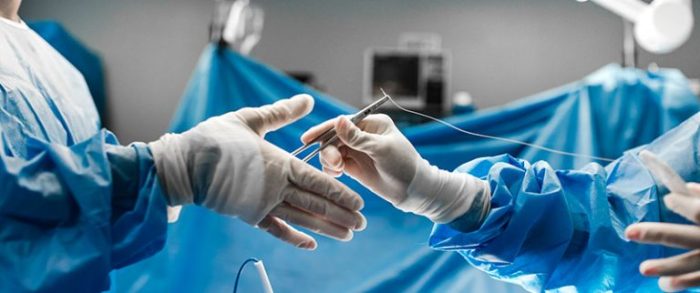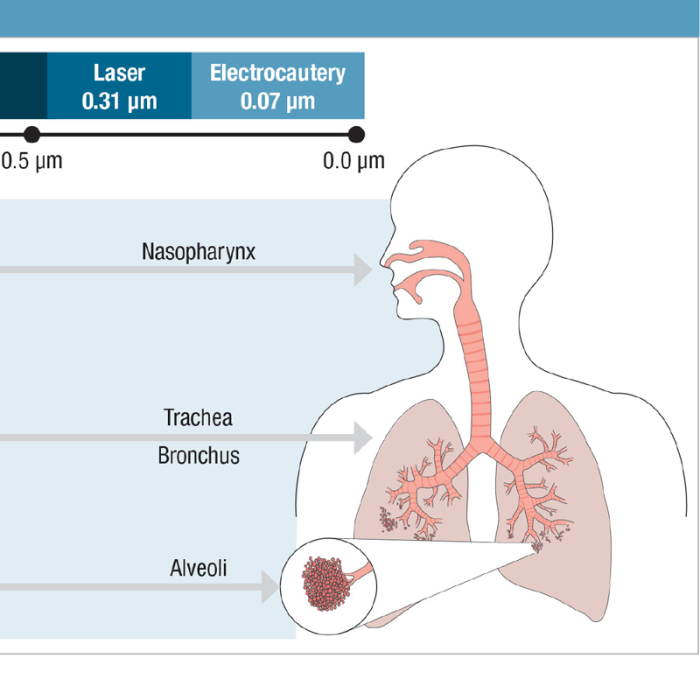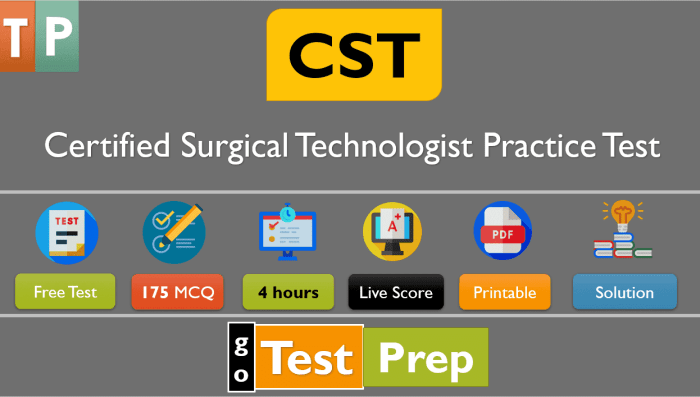The AORN Surgical Technologist Scope of Practice defines the legal boundaries and limitations of a surgical technologist’s role, emphasizing the importance of adhering to established protocols and guidelines. This comprehensive overview delves into the responsibilities of a surgical technologist, including preparing patients for surgery, assisting with various surgical procedures, and managing surgical instruments and equipment.
Surgical technologists play a crucial role in ensuring patient safety and comfort during surgical procedures. They are responsible for sterilizing, assembling, and maintaining surgical instruments, as well as accurately documenting and communicating with surgeons and other healthcare professionals. Understanding the ethical and legal considerations associated with their role is paramount for surgical technologists, as is maintaining patient confidentiality and respecting patient rights.
Scope of Practice Definition

Surgical technologists are healthcare professionals who assist surgeons during surgical procedures. Their scope of practice is defined by legal boundaries and limitations that ensure patient safety and adherence to established protocols and guidelines.
By adhering to these boundaries, surgical technologists contribute to the smooth and efficient functioning of the operating room, ensuring optimal patient outcomes.
Patient Care Responsibilities, Aorn surgical technologist scope of practice
Surgical technologists play a crucial role in preparing patients for surgery by providing physical and emotional support. They:
- Obtain patient consent and ensure proper documentation.
- Establish and maintain a sterile environment.
- Prepare the patient’s surgical site and assist with anesthesia.
- Monitor the patient’s vital signs and provide comfort measures.
Surgical Procedures
Surgical technologists assist with a wide range of surgical procedures, including:
- General surgery
- Orthopedic surgery
- Cardiovascular surgery
- Neurosurgery
- Plastic surgery
Their specific tasks and responsibilities vary depending on the type of procedure being performed.
Instrument and Equipment Management
Surgical technologists are responsible for managing surgical instruments and equipment. They:
- Sterilize and assemble instruments according to established protocols.
- Maintain and inspect equipment to ensure proper functionality.
- Anticipate the surgeon’s needs and provide instruments and supplies promptly.
FAQ Explained: Aorn Surgical Technologist Scope Of Practice
What are the primary responsibilities of a surgical technologist?
Surgical technologists are responsible for preparing patients for surgery, assisting with surgical procedures, managing surgical instruments and equipment, and ensuring patient safety and comfort.
What are the ethical and legal considerations for surgical technologists?
Surgical technologists must maintain patient confidentiality, respect patient rights, and adhere to established ethical and legal guidelines.
Why is continuing education important for surgical technologists?
Continuing education allows surgical technologists to stay updated on advancements in the field, enhance their skills, and maintain their knowledge.


